IPAMA gets cracking on Made in India
IPAMA members from South India identified six areas to reform the printing and packaging manufacturing business through creation of a print cluster, bringing in innovation and R&D, reaching out to printing institutes and approaching the government to cut red tape and provide industry status to print and packaging. IPAMA gets cracking on 'Made in India' plan.
15 Jun 2015 | By Samir Lukka
PrintWeek India was the co-host of the IPAMA-led roundtable meet in Chennai on 13 June, 2015. Totally 10 manufacturers from Chennai, Coimbatore, Bengaluru and Hyderabad participated in the two hour-long closed door confabulations.
Persons who attended the roundtable at The Hilton in Chennai
N A Bhoj Raj - Managing Director of The Printools Corporation
TP Jain - Managing Director of Monotech Systems
Kishore Kumar - Senior Manager Marketing of Monotech Systems
N Kannan - Joint Managing Director of Macrobond (Marco Print Engineers)
P Veera Muthu - Managing Director of Macrobond (Marco Print Engineers)
S Vijay - Managing Director of Shakti Udyog
K J Paul - Managing Partner of Reprographic System & Suppliers
N Ganapathi Ram - General Manager (marketing) of Electro Mec machinery Manufacturers
Ramesh Karuppathevar - Director (technical) of Megabound (India)
N Srinivasa Reddy - Director (marketing) of Megabound (India)
S Dayaker Reddy - Gutenberg Machinery Manufacturers
CP Paul - General Secretary at IPAMA
Satish Bajwa - Vice President of IPAMA
Ramu Ramanathan - Editor of PrintWeek India
Sriraam Selvam - Associate Editor of PrintWeek India
Right at the outset, CP Paul of APL Machinery said, "IPAMA is very keen to boost the Indian manufacturers."
He explained how IPAMA is trying to establish a print cluster in partnership with industry and financial support from the Government of India. The step is taken so as to provide institutional support for print manufacturing the MSME sector.
Satish Bajwa of Pressline said, "The Government is also providing common facilities under the Centre-sponsored cluster development programme to tackle competition from cheap Chinese goods. The clusters offer common design centres, tool rooms, skill development centres, bulk buying of raw material and effluent treatment plants to cut costs and enhance quality."
CP Paul hoped to roll out a blueprint soon. This, he felt, would create "an Industrial Model Township (IMT) in the lines of Faridabad and Ballabgarh and expand the print and packaging industrial base".
The recently released World Bank report ranked India 134th out of 189 countries, way below China (96), Nepal (105), Pakistan (110) and Bangladesh (130), primarily on account of consistently poor regulatory environment, especially in dealing with paying taxes (158), construction permits (182) and enforcing contracts (186).
Some of these issues have impacted the growth of the "Made in India" brand; and they came up came up for discussion.
TP Jain said, "Automation and innovation will be the two key points for an equipment manufacturer in India to sustain operations. Especially to explore new vistas like industrial inkjet or digital print." Jain's colleague Kishore Kumar suggested, "brand India should be boosted and an Indian press manufacturer should be on par to IBM in the eyes of the lay person."
N Kannan and P Veera Muthu felt, "Forums such as the roundtable is a good beginning. And the manufacturers in India should be united. Like China and Taiwan, the Indian manufacturers must be competing as one.”
S Vijay said, "India needs better technology to use our production skills in terms of engineering. I feel, R&D will definitely boost our manufacturing.”
S Dayaker Reddy emphasised on the importance of print education. He spoke about some of the initiatives he has undertaken in Hyderabad.
All the CEOs unanimously expressed their concern that the outlook for manufacturers is not positive due to lack of industry status form the government. Most of them vociferously said that government policies, like excise duty and import of pre-owned machines, needed a revamp. Almost all of them felt that the government tends to offer international companies with free land and single window policies. But print is necessary. Simply because it is a means to preserve and safeguard the future of India, through school and college books and newspapers and magazines. At a time when the print industry in India is $ 30bn worth, it is important that Indian manufacturers are given their just dues.
IPAMA along with PrintWeek India will be hosting similar roundtables in Ahmedabad and Mumbai, soon. A full transcript of the above roundtable will be published in the fortcoming issue of PrintWeek India.
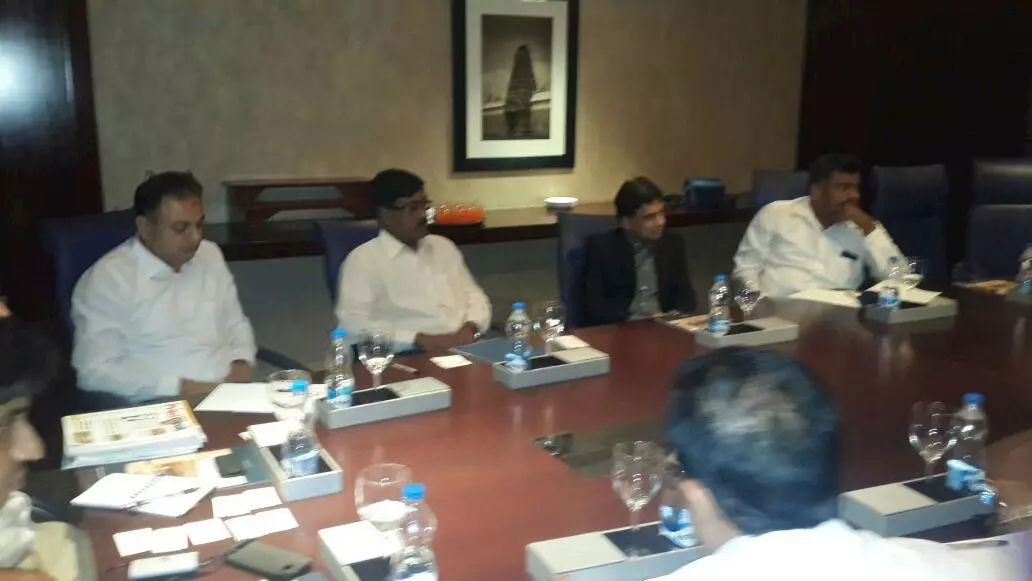



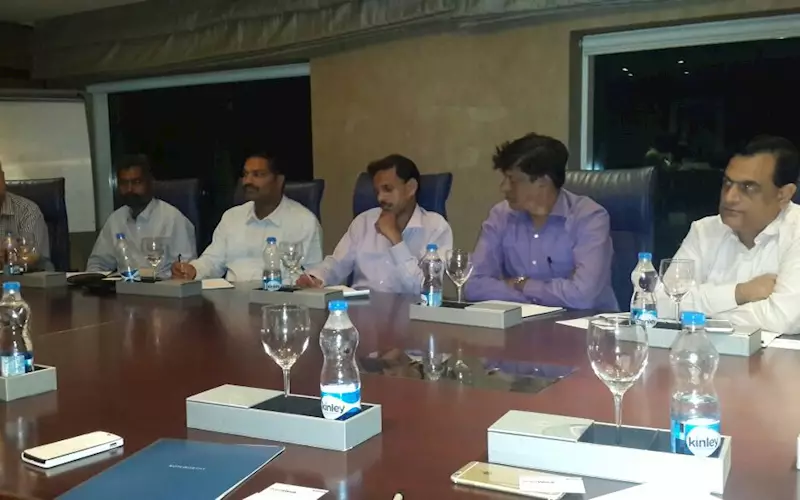
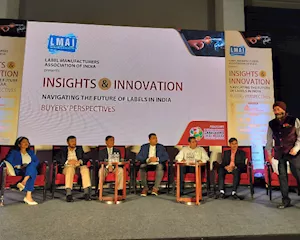

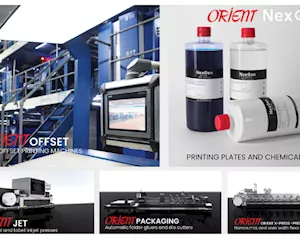
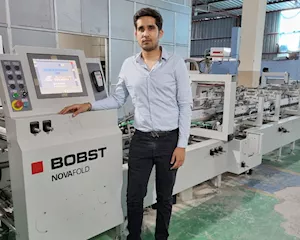
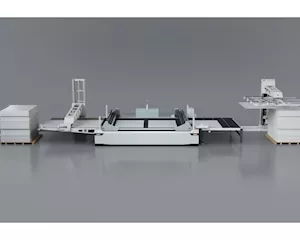






 See All
See All